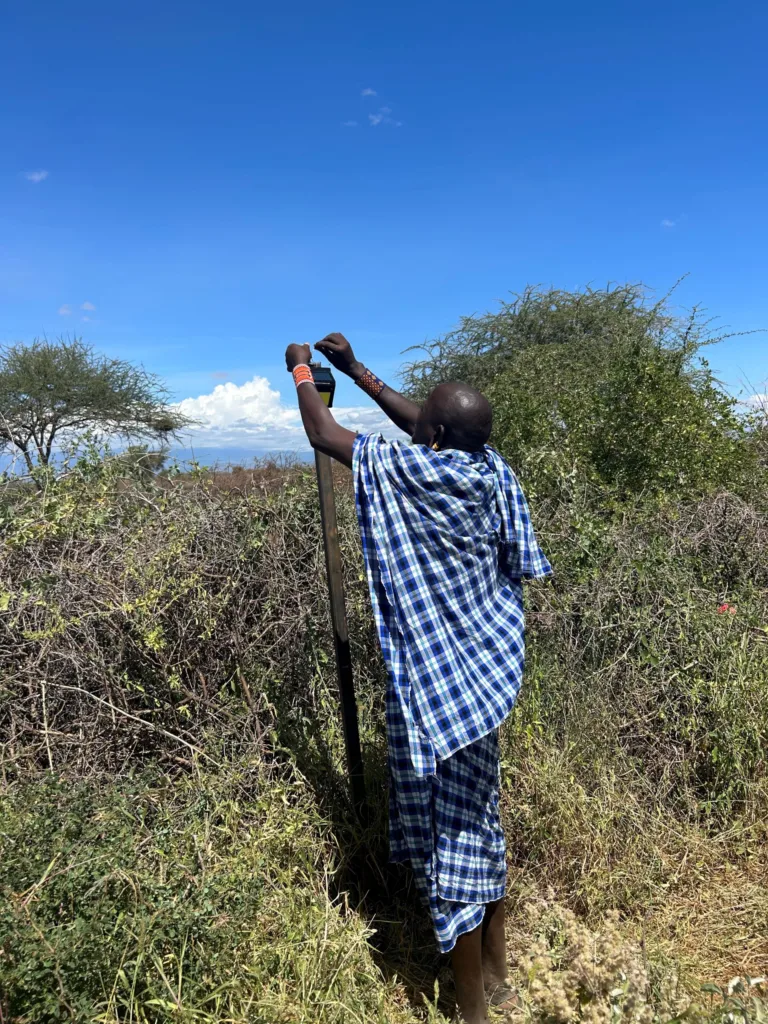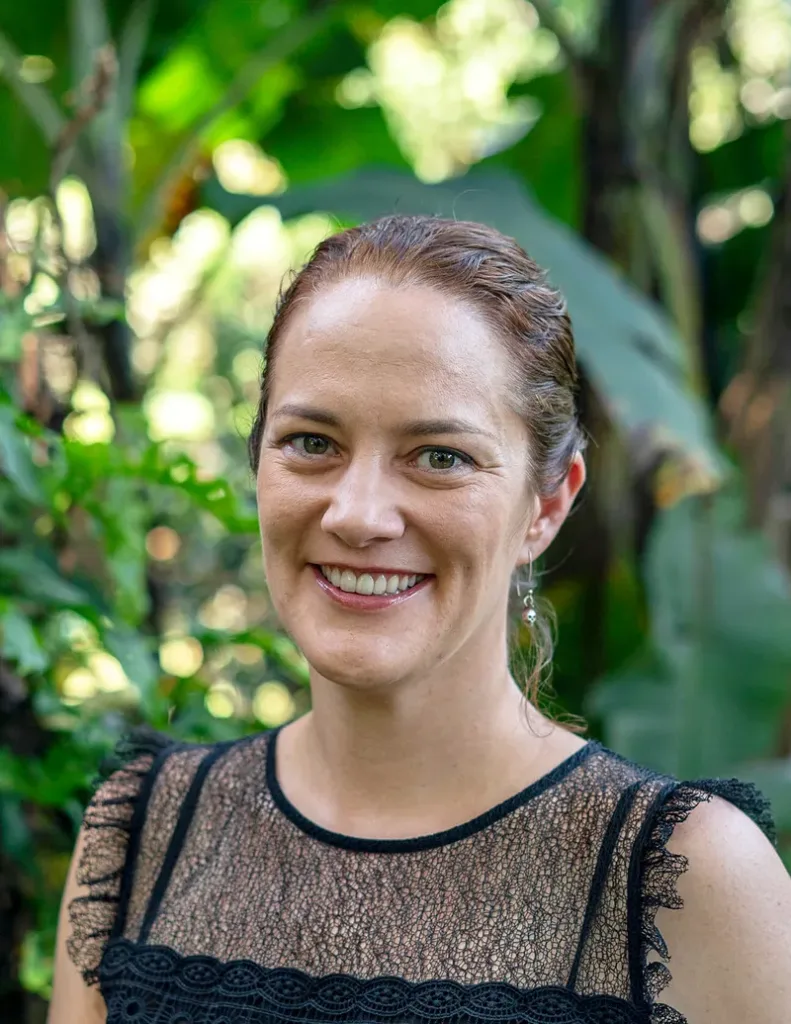A Professor’s Perspective
Mary Little is a Professor of Environmental Ethics at The School for Field Studies located in Atenas, Costa Rica. Her primary areas of interest are eco/agritourism, sustainable food systems and environmental justice.
I had the opportunity to sit down with Anna Chahuneau, SFS alum and videographer who is helping our institution capture what is unique about the SFS experience and share it in a more vibrant way. Responding to her questions also reminded me why I feel fortunate to live and work in an environment that challenges and inspires me to generate solutions while learning with our students.
What makes SFS special?
In my class, we consider many topics related to positive change and innovate solutions considering the planetary challenges we face. Anyone who takes part in our program, students and faculty, realizes that we must make personal changes to live within planetary boundaries. We must be part of the research that that will inform larger changes and we that must create and present innovative solutions to the problems we learn more about through our program. When you are immersed in a cloud forest that has seen the number of cloudy days halved and amphibians are dispersing, or visit coffee farms that are losing much of their crop due to fungus that flourishes in hotter temperatures, you come to a realization, that is more difficult in a classroom environment, that we are connected and everything we do effects one another. We also conduct field work that helps students develop the skills that empower them to make positive change, which students are eager to have as they move forward to address the issues throughout their careers. The profound connections to place, people and solutions we facilitate makes our program unique.
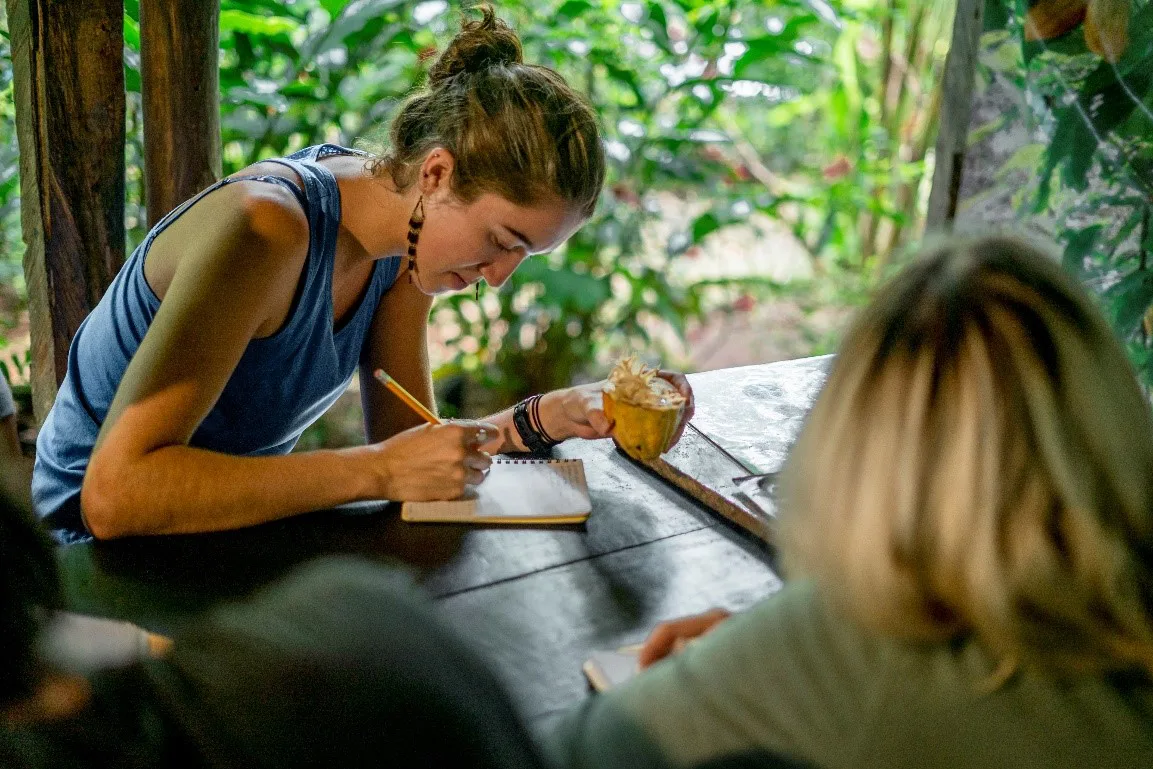
Students learning about cacao as part of agritourism directed research in Mastatal. Photo by Anna Chahuneau
What makes the student/professor relationship unique?
The student and professor relationships are also unique in that we are constantly learning together. We have new experiences on hikes in the field, in our class discussions and through our research. We are often research collaborators in that we have posed and structured our directed research study together and analyze our finding together as well.
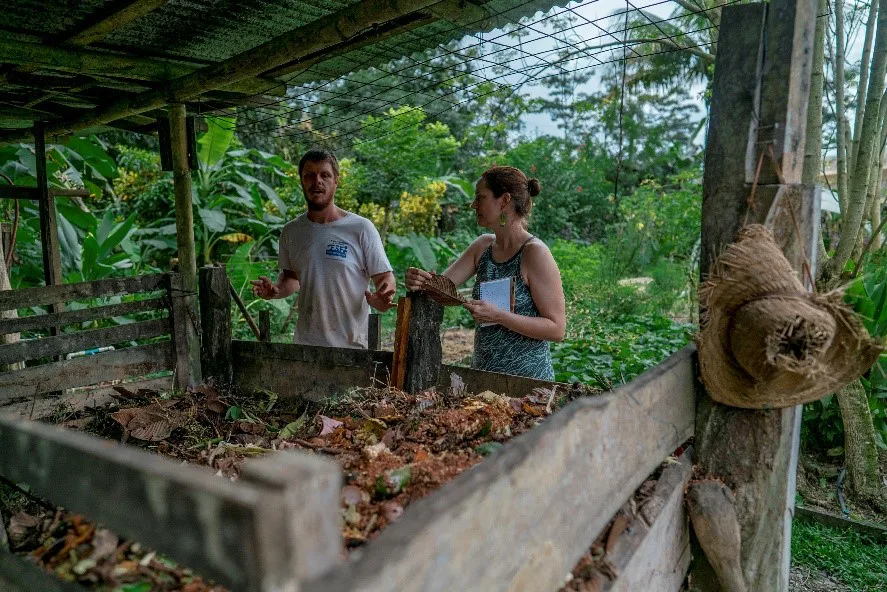
Nic Donati and Mary discussing organic waste management and composting system at Rancho Mastatal Ecolodge, the site of some directed research investigations. Photo by Anna Chahuneau
Why is environmental ethics an important part of the curriculum?
Working in the areas of human rights law, which is my background, we often ask what outcome is “just”, how do we accommodate differing visions of justice and how to do we implement just practices. Environmental ethics is about applying those questions to our relationship with the earth, our relationship with non-human species and one another in relation to the environment. It is key that we think deeply about these issues and we consider how to address climate crisis in the most effective and just ways.
What topics do you cover in your course on Environmental Ethics?
We begin with considering the history of colonization in Latin America and on our own perspectives. How the extractionist mentality impacts the way we structure government policy, land use, and often devalue the land, animals, and groups such as Indigenous people and women.
We further explore these concepts through two areas that I find crucial to sustainable development and climate mitigation. First, we cover many aspects of our relationship with the natural environment and the importance of shifting to sustainable food systems through visits to coffee, chocolate and permaculture farms. I think raising awareness of the serious environmental and social consequences of what we choose to eat and the producers we source from is essential to addressing the major impacts humans are having on the planet. In this course, we address the complexities of agricultural systems by looking at how Costa Rica has taken some of the most progressive steps, moving from policies of clear cutting for cattle ranching to new policies that have led to over 50% of the national territory covered in forests. We compare that with Costa Rica’s continued promotion of monocultures, such as banana and pineapple production, and the highest rates of agrochemical use per hectare in the world. We also consider sustainable production methods and how we can best support agroecological producers.
Another area that has been key in Costa Rica’s economic transition is tourism. Again, Costa Rica has a foot in both sustainable tourism and “extractive” tourism of cruise ships and resorts. We look at who benefits and pays for both types. We consider ways to connect tourists to small scale, sustainable tourism options and ways of promoting deeper travel experience such as agritourism in rural areas.
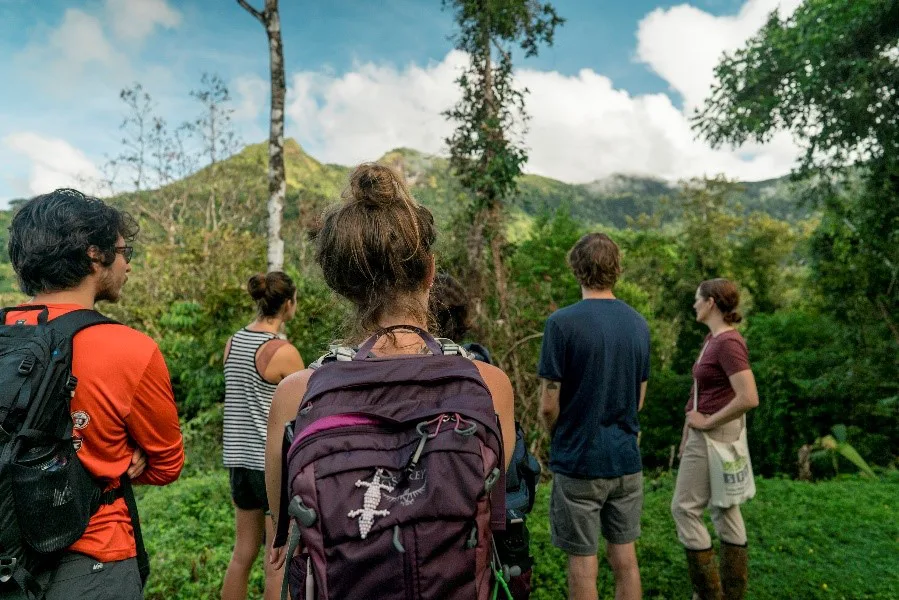
Students leaning about the impacts of ecotourism on ecosystem preservation at La Cangreja National Park. Photo by Anna Chahuneau
What is your favorite field trip and why?
Our first field trip of the semester includes a visit to El Progresso Farm, which is run by Dona Nuria and her family. It is unique in that it was a conventional cattle farm when they began in agriculture 30 years ago. But, as the owner tells us, the more she learned about ecological principles the more she was inspired to change their practice. Today El Progress Farm is a cattle ranch with many sustainable practices, something that most of us don’t often encounter. This farm also has diversified into medicinal cash crops and permaculture vegetal production, while committing part of the farm to a wooded reserve reforested with native palms. Through this experience the students can see the transition to an agroecological system, experience rural life and food, and ask some deeper questions about how we strive to live when presented with a family that prizes skills and working together more that excessive possessions.
How is SFS connected to the local community?
As the professor of sociology, we often connect the concepts of development strategies to issues that impact our neighboring communities. We can assist by helping local government and organizations collect data and present that information, something that they well may not have the time or resources to do themselves.
One example is a cooperation with the municipality of Atenas, the town we are based in, on an effort to facilitate local businesses replacing single-use plastics with biodegradable options. The project is known as “Ecoalterntivos” and we conducted surveys of businesses interest in and barriers to participation. From our findings, many businesses where willing to participate but did not know where to obtain such products. We worked with the municipality to create an event for local business where we presented our findings in infographics and data mapping and brought venders of biodegradable alternate products so businesses could learn about their options.
Related Posts
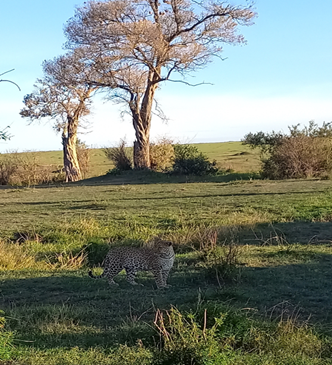
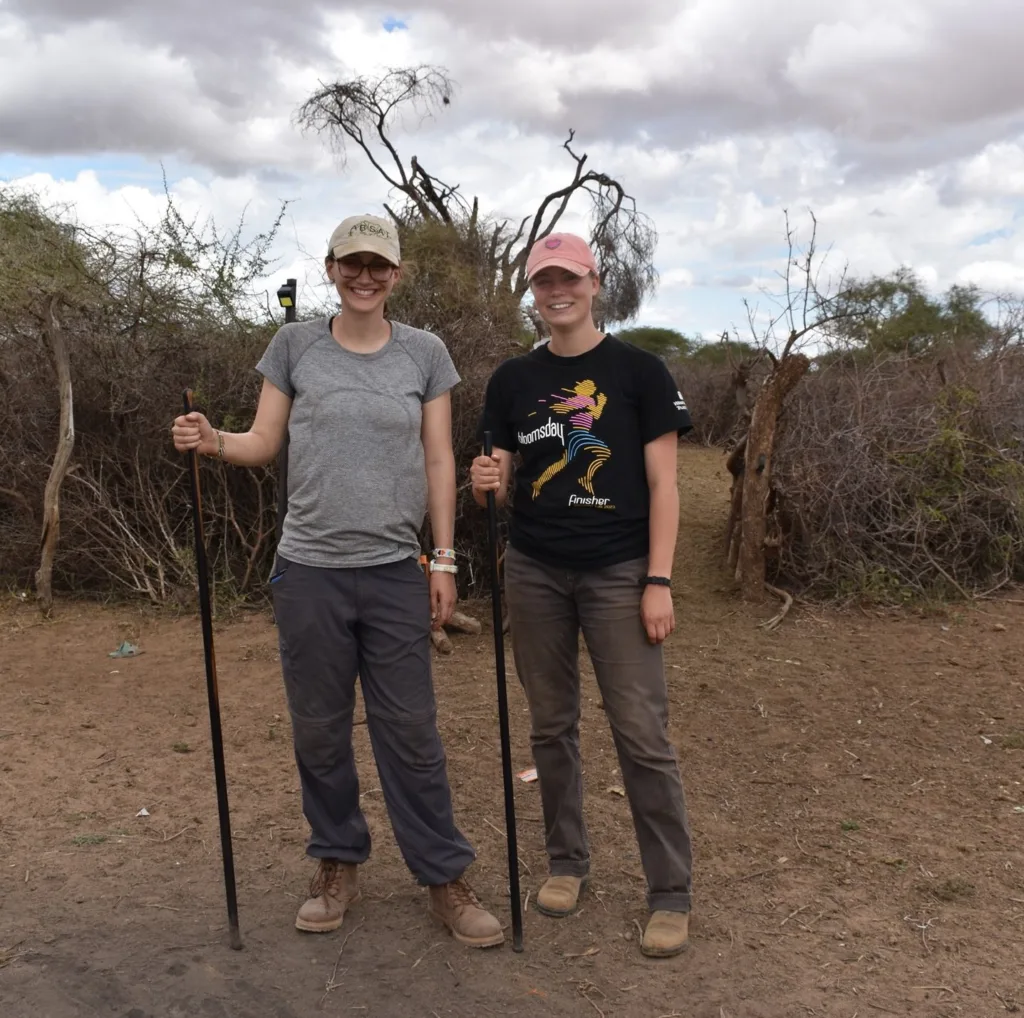
Alumni Reflections: Stories of the Return to Kenya
